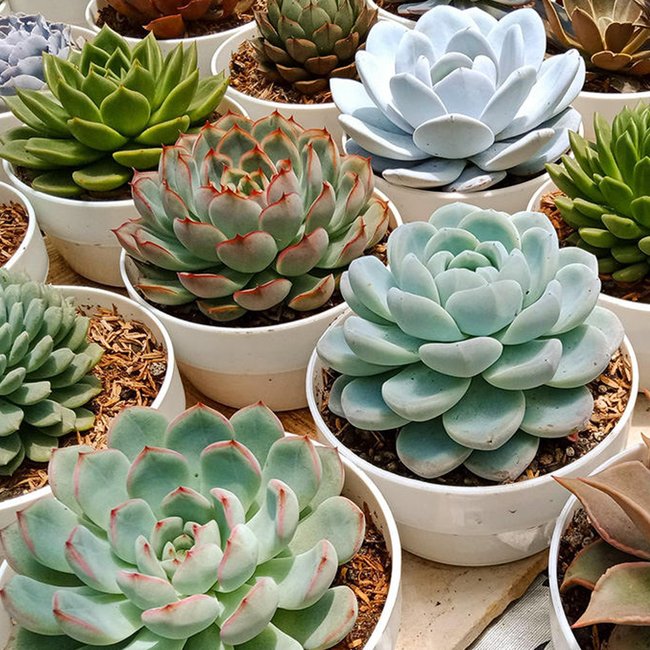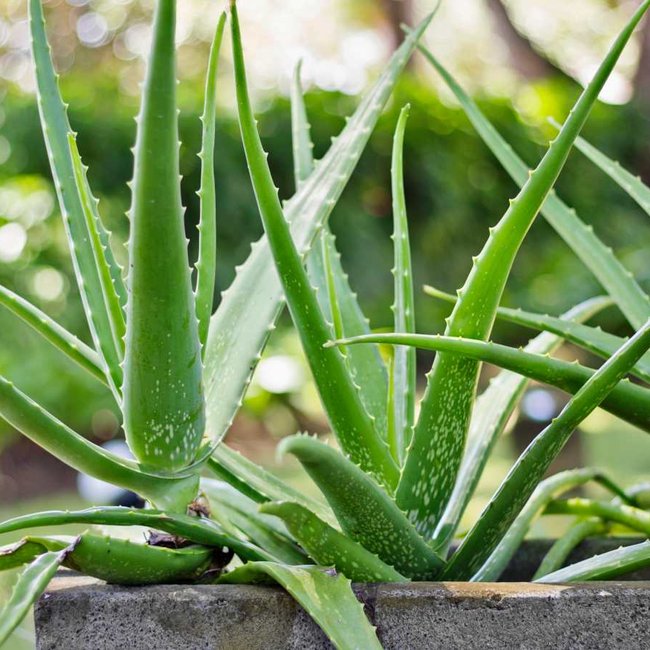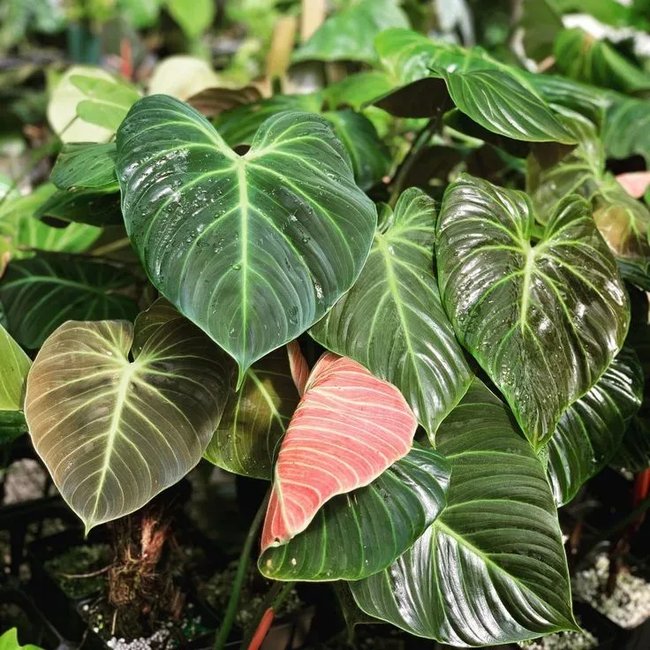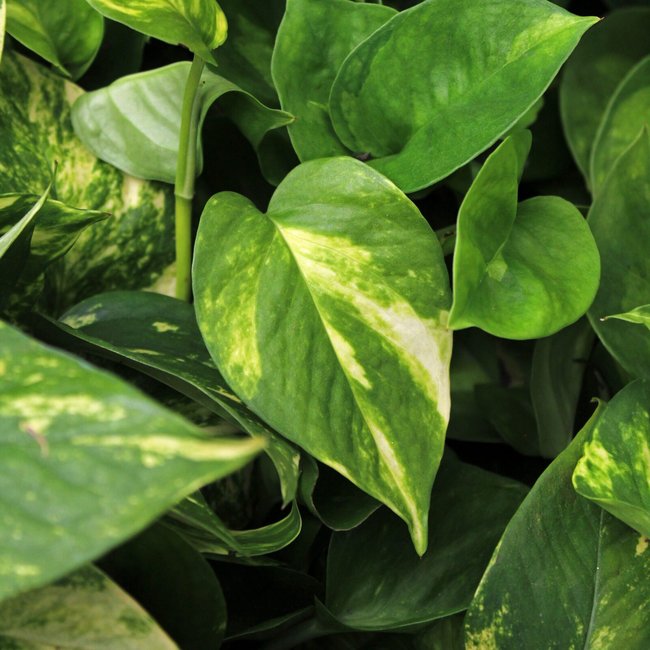Octopuses
Octopuses are a fascinating species of cephalopod molluscs that live in the ocean. They have a unique anatomy, with eight arms and no internal or external skeleton. Octopuses are highly intelligent, with complex behavior and problem-solving abilities. They are also incredibly adaptable, able to change their color and texture to blend in with their environment.
Meta Information
Scientific Name
Octopoda
Average Lifespan
1-5 years
Average Size
10-100 cm
Similar To
squid, cuttlefish, nautilus, jellyfish
Lifecyle
Octopuses have a relatively short lifespan, ranging from 6 months to 5 years depending on the species. They reach sexual maturity after 1-2 years of life, and then reproduce shortly afterwards. After mating, females lay eggs that hatch in 2-3 weeks. The young octopuses are then left to fend for themselves.
Diet
Octopuses are carnivorous, and feed on a variety of prey including fish, crustaceans, molluscs, and even other octopuses. They use their tentacles to capture prey and use their beak to tear it apart.
Habitat
Octopuses are found in all oceans around the world, from shallow waters to depths of up to 4,000 meters. They prefer warm, shallow waters, but can also be found in cold, deep waters.
-
What are octopuses?
Octopuses are marine creatures that belong to the order Octopoda. They are cephalopods, which means they have a distinct head and tentacles. Octopuses are known for their intelligence, their ability to change color and texture to blend in with their surroundings, and their unique body structure. They have eight arms with suckers, a mantle that contains their organs, and a beak that they use to eat their prey.
-
What do octopuses eat?
Octopuses are carnivorous and mostly feed on small fish, crustaceans, and mollusks. They are known to be opportunistic hunters and will eat whatever prey is available in their environment. Octopuses have a beak that they use to crush their food and inject it with saliva to break it down before swallowing it.
-
How do octopuses defend themselves?
Octopuses have several ways to defend themselves. Their first line of defense is their ability to camouflage themselves to blend in with their surroundings. They can change their color and texture to match their environment, making it difficult for predators to spot them. If they are spotted, they can release ink to create a smokescreen that confuses their attacker and allows them to escape. Octopuses also have a beak that they can use to bite and defend themselves if necessary.
-
How long do octopuses live?
The lifespan of an octopus varies depending on the species. Some octopuses only live for six months, while others can live for up to five years. The giant Pacific octopus has the longest lifespan of all octopus species, with some individuals living up to five years. During their lifespan, octopuses go through several stages of growth and development, and they may undergo several molts to shed their old skin and grow a new, larger one.
-
Are octopuses intelligent?
Octopuses are considered to be one of the most intelligent invertebrates. They have a highly developed nervous system and are capable of learning and problem-solving. Octopuses have been observed using tools, solving puzzles, and even playing games. They are also known to have distinct personalities and can recognize individual humans. Scientists continue to study octopuses to learn more about their intelligence and behavior.
-
How do octopuses reproduce?
Octopuses have separate sexes, with males and females having unique reproductive organs. Male octopuses have a modified arm called a hectocotylus that they use to transfer sperm into the female's mantle cavity. The female stores the sperm until she is ready to lay her eggs. When the time comes, the female will lay hundreds of eggs and attach them to a hard surface. She will then guard the eggs and keep them clean and oxygenated until they hatch. Once the eggs hatch, the female octopus will typically die, as she has expended all of her energy in caring for her young.
-
What are some interesting facts about octopuses?
Octopuses are fascinating creatures with many unique traits. Here are some interesting facts about octopuses: - Octopuses have three hearts: one main heart that pumps blood through the body, and two additional hearts that pump blood through the gills. - Their skin contains pigment cells called chromatophores, which allow them to change color and texture to blend in with their surroundings or communicate with other octopuses. - Octopuses have a highly developed sense of touch and can taste with their skin. - They can squeeze through tiny spaces and even escape from aquariums by unscrewing the lid or squeezing through the smallest of openings. - Some species of octopuses are venomous and can deliver a painful bite if provoked. - The blue-ringed octopus is one of the most venomous animals in the world and can be deadly to humans if not treated immediately.
-
How do octopuses move?
Octopuses move using a combination of crawling and swimming. They have eight arms that they use to crawl along the ocean floor, and they can also use their arms to push themselves through the water. When they want to swim, they use a technique called jet propulsion, where they force water out of their mantle cavity through a siphon. This propels them forward through the water, and they can control their direction and speed by adjusting the angle of their siphon. Octopuses are also capable of rapid bursts of speed when needed to escape from predators or catch prey.
10 Fun Facts About
1. Octopuses have three hearts. 2. Octopuses can taste with their arms. 3. Octopuses can squeeze through tiny spaces by expelling water from their bodies. 4. Octopuses can change color in less than a second. 5. Octopuses can regrow lost arms. 6. Octopuses can use tools. 7. Octopuses can use jet propulsion to move quickly through the water. 8. Octopuses can open jars and bottles. 9. Octopuses have blue blood. 10. Octopuses can live without oxygen for up to an hour.
Pun
What did the octopus say when he saw a boat? "Ship o'clock!"
Out Thoughts About
🤩🤩 Octopuses are so cool!







